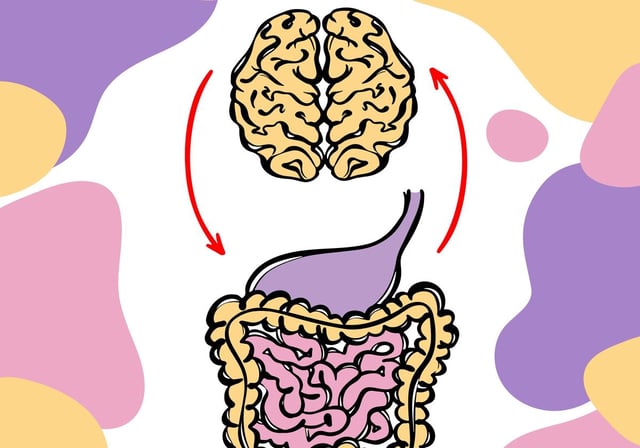Overview
- Published in Cell Reports, the study mapped colonic immunity in 5XFAD mice with single-cell RNA sequencing and spectral flow cytometry, finding a loss of CXCR4+ IgA-secreting B cells in the gut.
- Matching CXCR4+ B cells and gut-specific IgA+ cells accumulated at brain and meningeal borders, pointing to immune cell trafficking from the intestine.
- Glial CXCL12 expression was elevated in 5XFAD brains and in mined human Alzheimer’s datasets, and a CXCR4-targeting small molecule curtailed B-cell migration in mice.
- A long-term inulin prebiotic diet expanded gut IgA+ cells, improved microbial and immune metrics, reduced brain chemokine signaling, and lessened Alzheimer’s-related frailty such as tremor without consistently lowering plaque burden.
- Investigators highlight a modifiable gut–brain immune axis while cautioning that causality, timing, and clinical relevance remain to be established.
